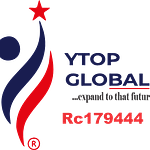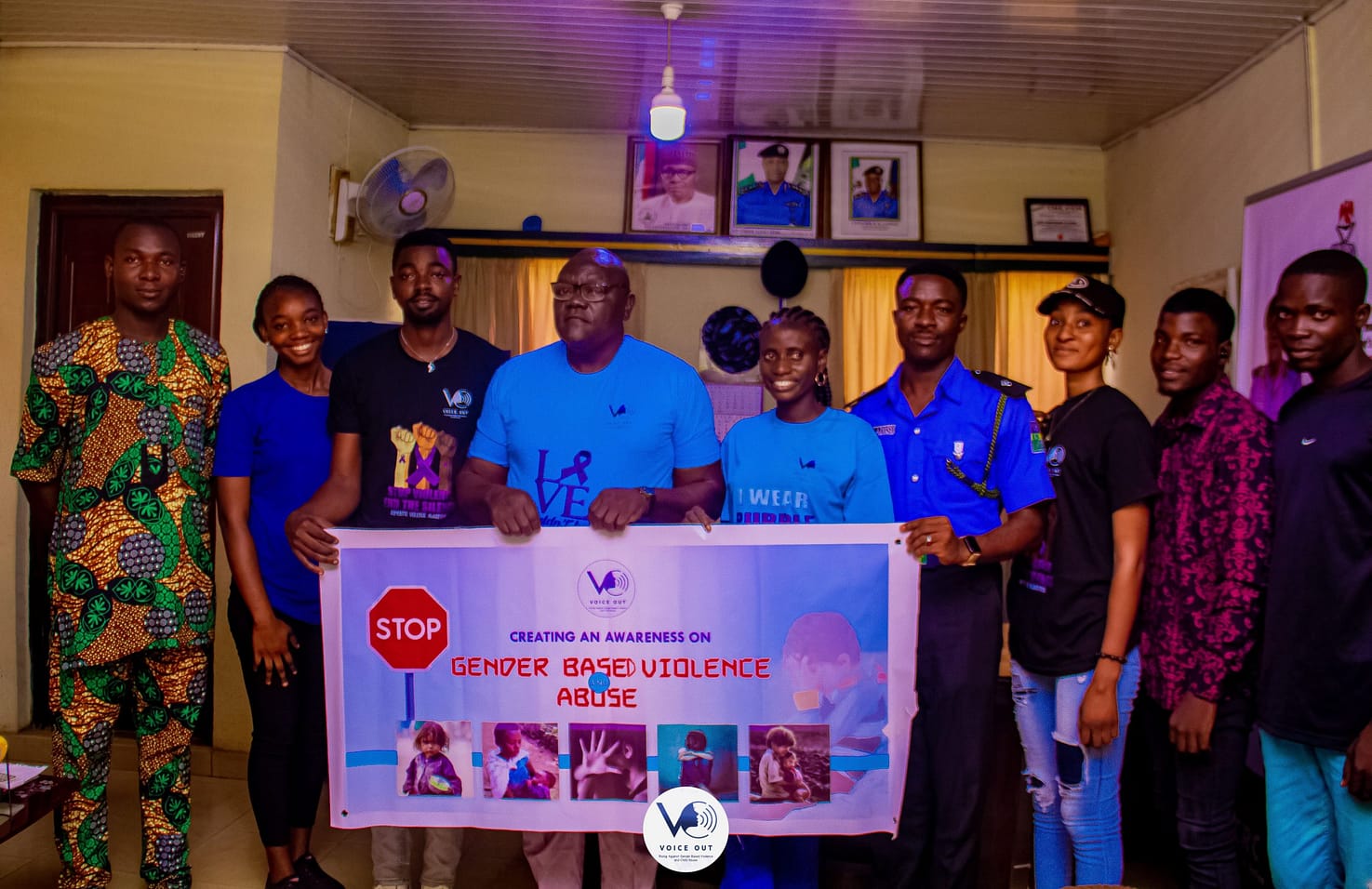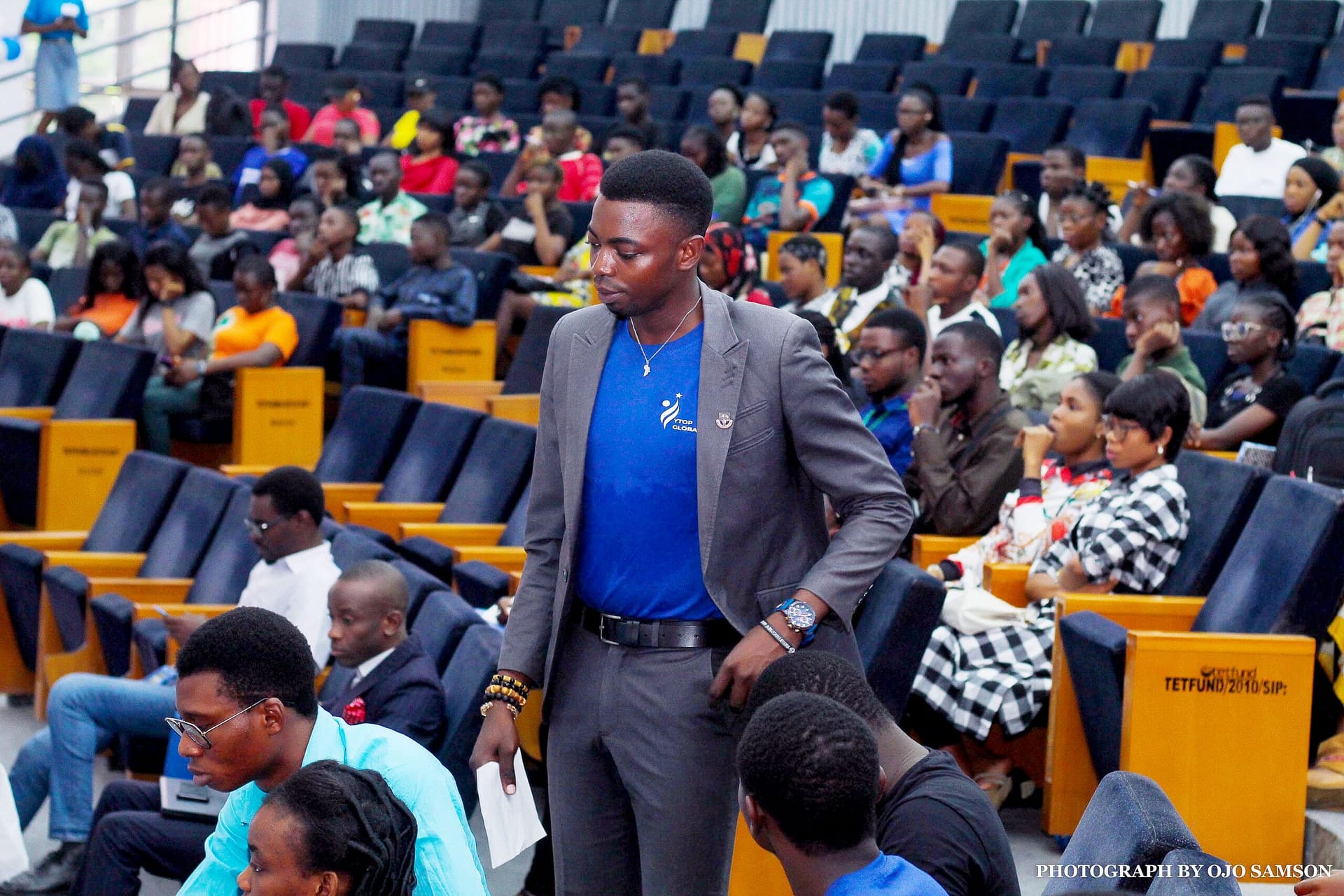This report provides a comprehensive overview of the “VOICE OUT” project, a joint undertaking by the Voice Out Initiative and YTOP Global.
The main aim of Project VOICE OUT was to enhance public awareness and foster a deeper understanding of gender violence and child abuse. It is widely recognized that children who experience or witness emotional, physical, or sexual abuse face an increased likelihood of encountering health issues in adulthood, including mental health disorders like depression and anxiety.
To address this pressing concern, the organization embarked on a series of visits to several secondary schools in Ile-Ife, intending to educate students about the critical importance of speaking out against all forms of abuse. The ultimate goal was to mitigate trauma and create a safer environment by actively empowering young individuals to oppose such harmful acts.




- Collaboration:
- Target Audience:
- School Visits and Education:
- Empowering Students:
- Trauma Prevention:
- Awareness Campaign:
Outcomes and Impact:
The “VOICE OUT” project yielded significant outcomes and impact: – Increased awareness: The project raised awareness among secondary school students about gender violence and child abuse, equipping them with the knowledge to identify and respond to such issues. – Empowered students: Students gained the confidence to speak out against abuse and take preventive actions, fostering a culture of safety and support through interactive sessions and discussions. – Strengthened partnerships: Collaboration between Voice Out Initiative and YTOP Global demonstrated the power of collective efforts in addressing societal challenges effectively. – Community involvement: The awareness campaign and community engagement activities sparked conversations and encouraged a collective responsibility to combat gender violence and child abuse.


The “VOICE OUT” project, a collaborative effort between the Voice Out Initiative and YTOP Global, effectively raised awareness and sensitized the public to the pressing issues of gender violence and child abuse. Through targeted visits to secondary schools and comprehensive educational initiatives, the project’s primary objective was to empower students to denounce abuse and contribute to preventing traumatic experiences, thereby fostering a safer environment.
The project’s remarkable achievements in awareness-raising, student empowerment, and community engagement have yielded significant results in combating gender violence and child abuse. Maintaining ongoing support and collaboration is imperative to ensure this initiative’s sustained and expanded positive impact, ultimately fostering a secure and inclusive society for all individuals.















